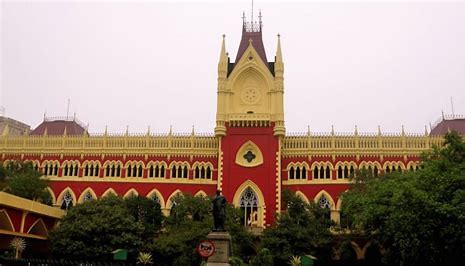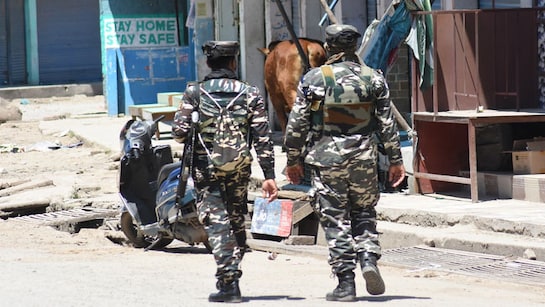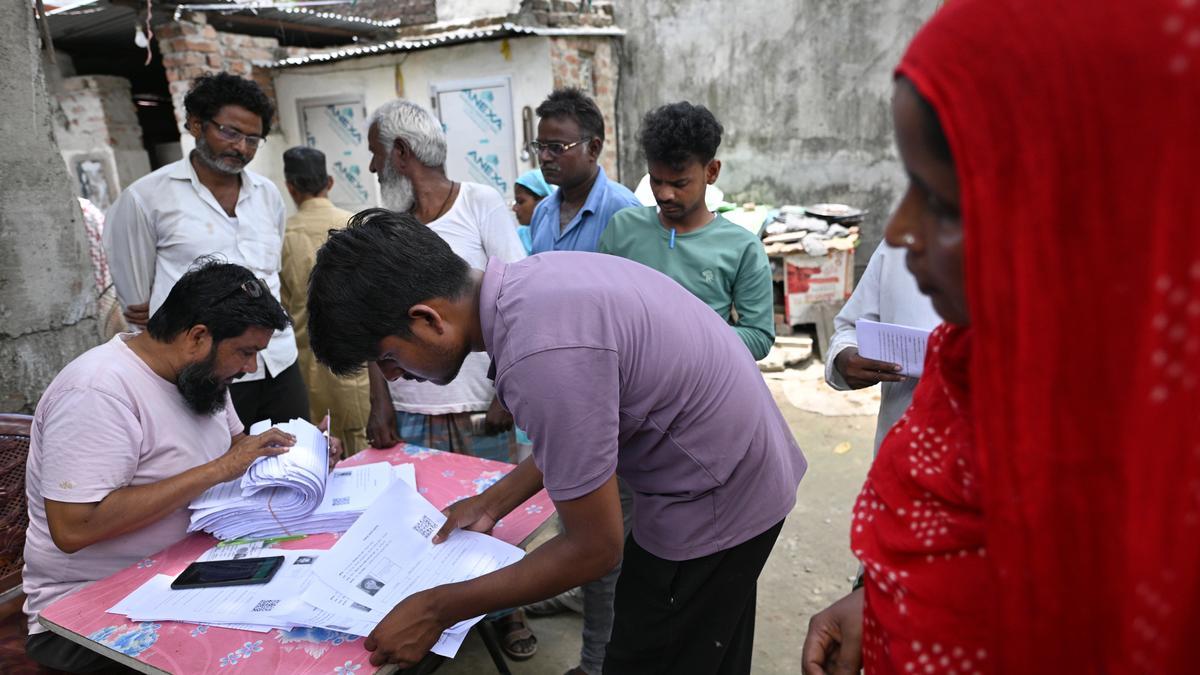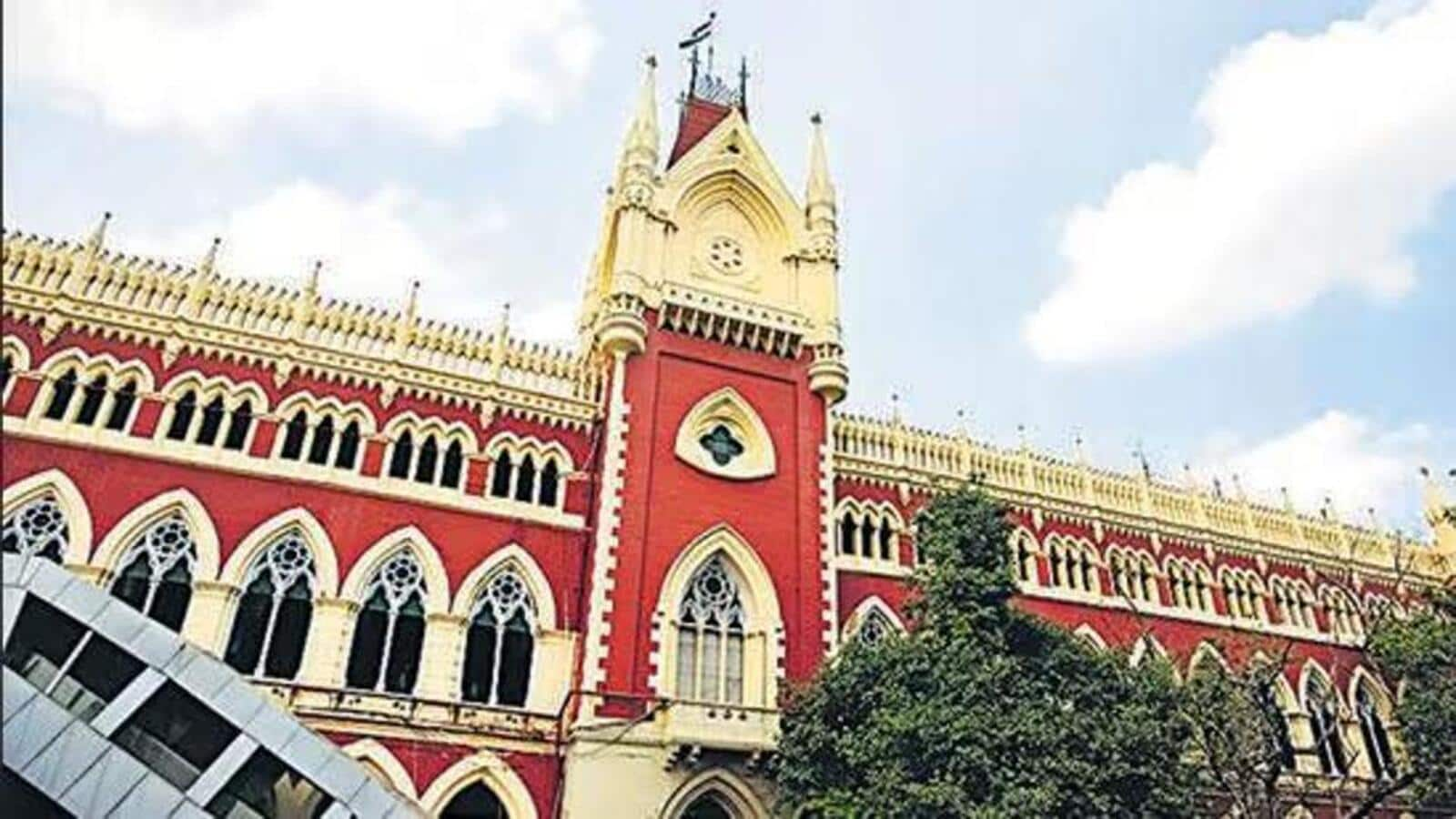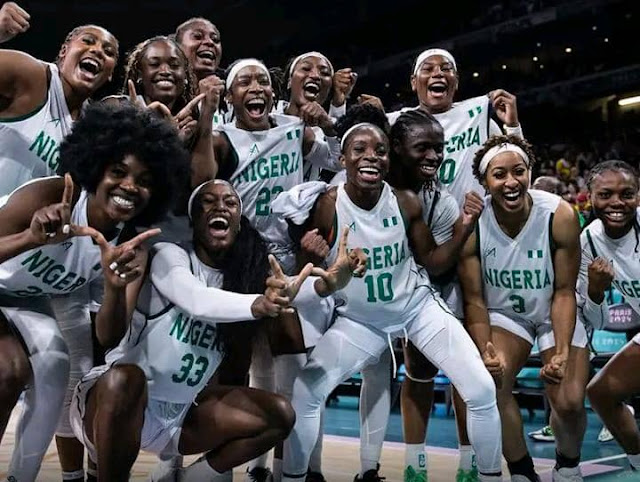The petitioners, who challenged the state’s action, argued that the government’s initiative to prepare fresh OBC lists violated prior court orders and included applications from OBC classes whose reservations had previously been struck down by the High Court. The petitioners contended that this move was both premature and in defiance of judicial scrutiny.
Background to the Controversy
The controversy surrounding the OBC list in West Bengal traces back to May of the previous year when a division bench of the Calcutta High Court annulled all OBC certificates issued in the state after 2010. This decision was a significant blow to the state’s ongoing OBC classification exercise. In response, the state government appealed to the Supreme Court, arguing that a new commission had been set up to reassess and classify OBCs.
The apex court, while hearing the state’s appeal, expressed concerns over the legitimacy of the OBC classification, particularly in light of its observations that reservations could not be granted on religious grounds. The court raised questions about the legality and fairness of the state’s approach in classifying OBC communities.
The controversy intensified when the state government, relying on a cabinet decision and an extensive survey, published a new OBC list that included 140 communities. This move aimed to implement a 17% OBC reservation for college admissions, university seats, and government employment. However, the state’s action faced sharp criticism from petitioners who had filed cases in 2010 and 2013, challenging the legality of the newly published list. They alleged that the state government had bypassed due process and previous court orders by rushing to finalize the list without conducting a proper survey.
Previous Hearing and Court’s Observations
In the last hearing, the Calcutta High Court admitted the case but refrained from issuing an immediate stay on the notification. The justices expressed concerns over the state government’s hasty publication of the OBC list without adequate verification and a comprehensive survey. Justice Rajasekhar Mantha pointed out that the state had created a “complicated situation” by rushing into the matter without ensuring all the necessary procedural safeguards were in place. He stated that the court would make a final decision after hearing detailed arguments from the state government and the West Bengal OBC Commission.
Chief Minister Mamata Banerjee’s Response
In response to the controversy, Chief Minister Mamata Banerjee has vehemently defended her government’s actions, accusing the opposition of spreading misinformation. Banerjee emphasized that her government has been committed to the welfare of all religious and community groups, including the OBCs. She further clarified that the OBC list had been prepared in accordance with the Calcutta High Court’s guidelines and with the consent of the Supreme Court.
Acknowledging that there was some dissatisfaction with the new list, the Chief Minister assured that the concerned commission was actively engaging with the affected communities to address their concerns and resolve any issues arising from the list’s preparation.
Government’s data tells a different story.
Pre-2010 OBC List: 66 total classes
Muslim: 11
Non-Muslim: 55
→ Muslims comprised 20% of the OBC categories
2025 Additions (Total: 76):
The Significance of Today’s Verdict
Today’s interim stay by the Calcutta High Court is a pivotal moment in the ongoing debate over OBC reservations in West Bengal. The outcome of this legal battle has the potential to significantly impact the state’s educational policies, employment practices, and social dynamics. With the court’s final ruling still pending, all eyes are now on the judiciary to determine the fate of the OBC reservation system in the state.
The decision to halt the preparation of the new list has far-reaching consequences for the state’s governance, particularly concerning how the rights and interests of various OBC communities will be managed in the future. As the legal proceedings continue, stakeholders across the state, including political parties, academic institutions, and community organizations, will be closely monitoring developments in this high-stakes case.
PTI: The Calcutta High Court on Tuesday ordered an interim stay on notifications issued by the West Bengal government with regard to reservations to 140 subsections under OBC-A and OBC-B categories made by it.
A division bench comprising justices Tapabrata Chakraborty and Rajasekhar Mantha, in an interim stay till July 31, directed that executive notifications between May 8 and June 13 with regard to Other Backward Classes (OBC) categories made by the state government will not be given effect to till that date.
The court directed that all consequential acts thereof will also remain stayed till July 31.
All the parties in the matter were directed by the court to file their affidavits in the meantime on their contentions with regard to the challenge over new benchmark surveys for the purpose of inclusion under OBC categories in a PIL and the notifications.
The state government has included 49 subsections under the OBC-A and 91 under the OBC-B categories vide the executive notifications.
It has been stated that while more backward sections of people have been included under OBC-A, the less backward people come under OBC-B.
The Calcutta High Court had in May 2024 struck down the OBC status of several classes in West Bengal granted since 2010, finding such reservations to vacancies in services and posts in the state are illegal.
The court struck down 77 classes of reservation given between April 2010 and September 2010, and 37 classes were created based on the state’s Reservation Act of 2012.
This order was challenged before the Supreme Court by the West Bengal government and the matter is pending there.


